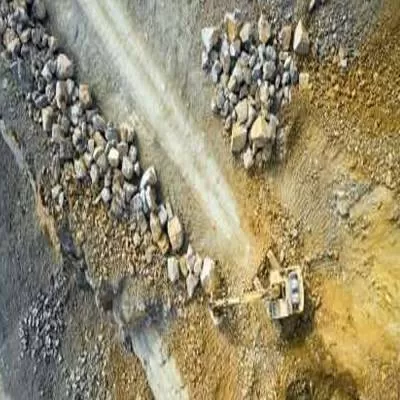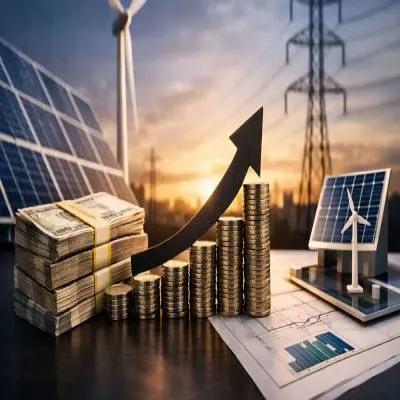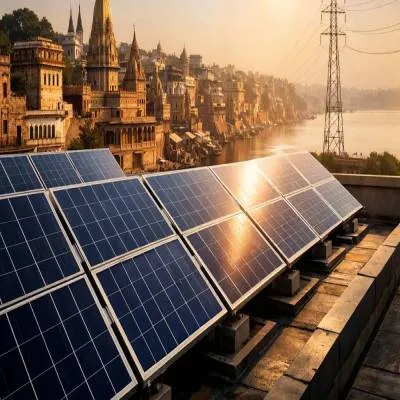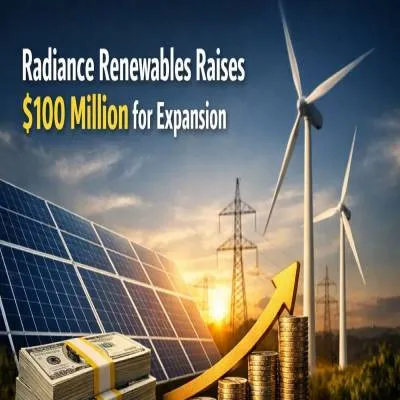Schedule a Call Back
UN Warns of 300% Mineral Demand Spike, Urges Supply Chain Reforms
 A United Nations report predicts that global demand for minerals essential to renewable energy technologies will nearly triple by 2030. The UN Secretary-General's expert panel on critical energy transition minerals has provided a set of recommendations and guiding principles for governments, industries, and stakeholders to ensure that the energy transition is both just and sustainable.
A United Nations report predicts that global demand for minerals essential to renewable energy technologies will nearly triple by 2030. The UN Secretary-General's expert panel on critical energy transition minerals has provided a set of recommendations and guiding principles for governments, industries, and stakeholders to ensure that the energy transition is both just and sustainable.
UN Secretary-General António Guterres noted that the report highlights methods to root the renewable energy revolution in justice and equity, fostering sustainable development and environmental protection. He mentioned that the panel’s recommendations would be shared with Member States and stakeholders before the COP29 conference later in the year.
Ambassador Mxakato-Diseko, Co-Chair of the Panel, remarked that global cooperation, driven by human rights, justice, equity, and benefit-sharing, would be crucial in achieving shared prosperity.
Ditte Juul Jørgensen, also Co-Chair of the Panel, pointed out that as nations aim to triple renewable energy capacity and double energy efficiency, the demand for critical minerals will rise significantly. She stressed the urgency of implementing the panel's recommendations to ensure shared benefits from the energy transition.
According to the International Energy Agency, the demand for minerals necessary for clean energy technologies is expected to almost triple by 2030 as countries strive for net-zero carbon dioxide emissions by 2050. Minerals like copper, lithium, nickel, cobalt, and rare earth elements are key components in clean energy technologies, including wind turbines, solar panels, electric vehicles, and battery storage.
The panel’s recommendations include forming a high-level UN advisory group to coordinate policy discussions, establishing a global framework for transparency and accountability, and supporting artisanal and small-scale miners. Additional suggestions involve creating a fund to address abandoned mines and improving material efficiency and recycling practices.
The report also emphasizes that developing countries with substantial mineral reserves should capitalize on this opportunity to boost their economies, create jobs, and promote sustainable development. However, it warns that poorly managed demand for these minerals could heighten geopolitical tensions and pose environmental and social challenges.
The UN Secretary-General reiterated the significance of the panel's recommendations and confirmed that the next step would involve consultations with Member States and stakeholders ahead of COP29.


Subscribe Now
Subscribe to our Newsletter & Stay updated
RECENT POSTS
Popular Tags
Folliow us










